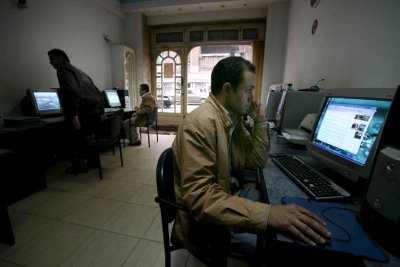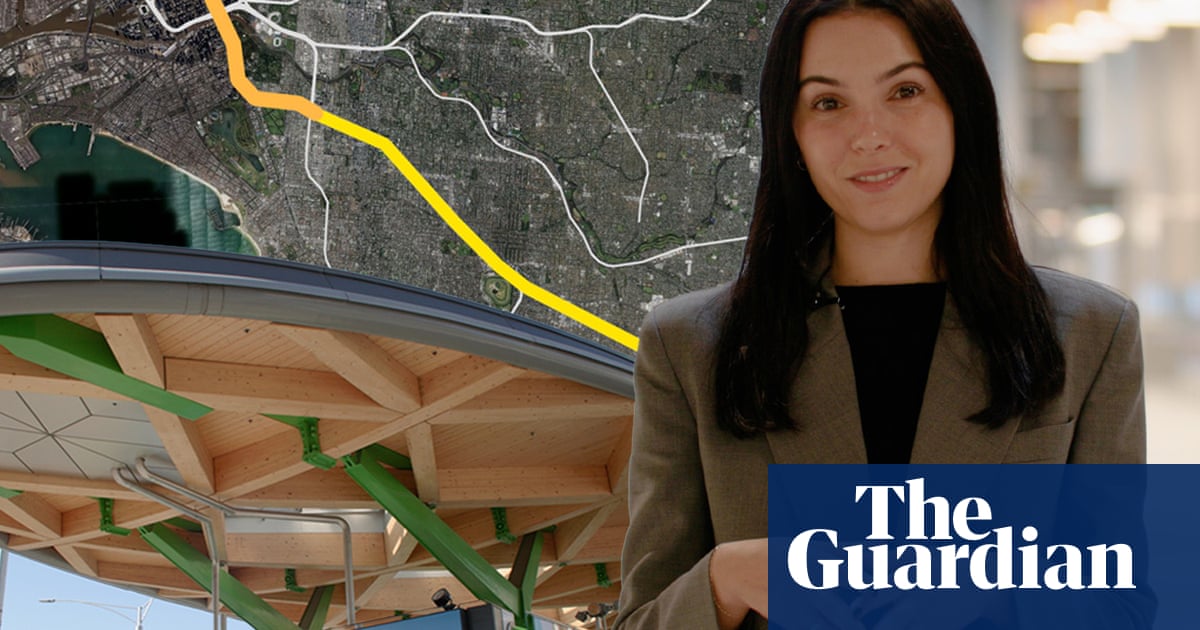Microsoft Internet cables severed beneath Red Sea

Microsoft reported its Azure cloud storage cables were severed over the weekend, slowing Internet traffic passing through the Middle East. File Photo by Mike Nelson\EPA-EFE
Sept. 7 (UPI) — One of Microsoft’s cloud services has been disrupted by severed cables below the surface of the Red Sea, the company said.
Users of Azure will experience delays in Internet traffic as it crosses through the Middle East, and the data has been rerouted, Microsoft said in a statement.
There were reports over the weekend that Internet traffic in the United Arab Emirates and some Asian countries had been affected, the BBC reported.
“Network traffic that does not traverse through the Middle East is not impacted,” Microsoft said.
NetBlocks, a company that monitors online Internet traffic, said Saturday that India and Pakistan were among the countries affected by the outage.
The cables were severed in water near the Saudi city of Jeddah, according to a social media post by the Pakistan Telecommunications company.
Severed Internet cables are a fairly routine occurrence, often the result of ships dropping anchor. Some cables, however, may have been cut deliberately, including several in 2024 that were severed between Asia and Europe about a month after the Yemeni government issued a warning that Iran-backed Houthi rebels threatened could sabotage communication cables and attack ships in the Red Sea.
The Houthis denied targeting the lines.
Since Russia’s latest invasion of Ukraine in 2022, several communication cables and gas lines beneath the surface of the Baltic Sea have also been severed.
